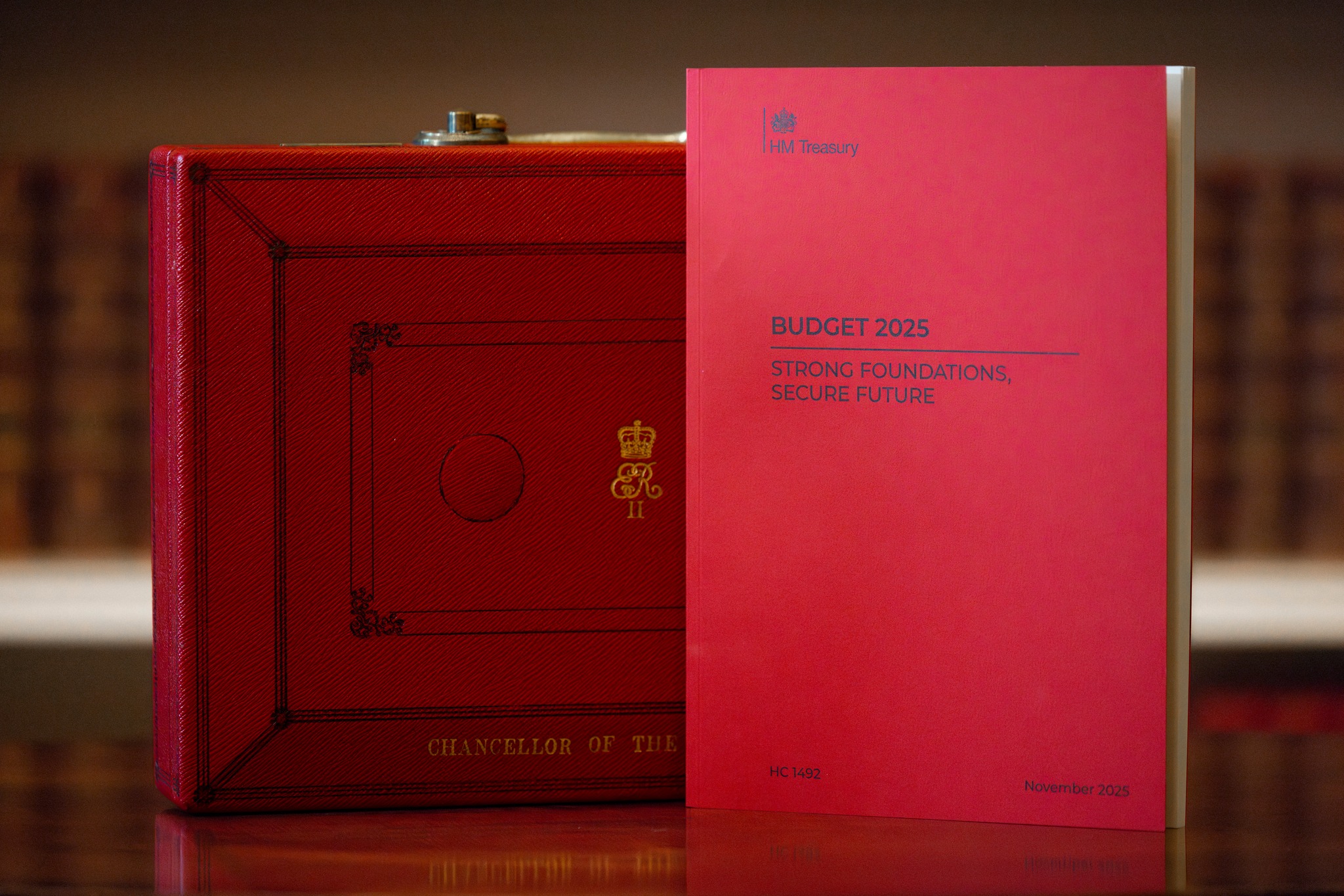
Explore the essentials of R&D tax credits, their benefits for businesses, and how to maximise claims for innovation and growth in the UK.
Explore the essentials of R&D tax credits, their benefits for businesses, and how to maximise claims for innovation and growth in the UK.
If you are an innovative business that’s looking to push the boundaries of science and technology, you should be aware that you can claim tax relief on any research and development (R&D) projects that you undertake. Whether your business is looking to improve existing products or services, or design and build new ones, ambitious companies can use R&D tax credits to receive direct cash payments or receive reductions in Corporation Tax as a reward for conducting technological-based development that enabled them to take on riskier work.
HM Revenue and Customs (HMRC) identifies a qualifying R&D project as one that is geared towards “resolving scientific or technological uncertainties”.
What are R&D tax credits?
R&D tax credits are a powerful government incentive designed to fuel innovation in UK businesses. These credits offer substantial financial benefits to companies investing in cutting-edge research and development activities. By claiming R&D tax credits, eligible businesses can recoup a significant portion of their R&D expenditure, either through a reduction in corporation tax or as a cash payment. This scheme applies to a wide range of sectors, from technology and manufacturing to healthcare and agriculture. Essentially, if your company is pushing boundaries, solving complex problems, or developing new products, processes, or services, you may qualify for this valuable tax relief.
How do R&D tax credits work?
R&D tax credits work by rewarding companies for their investment in innovation. Eligible businesses can reclaim a portion of their R&D expenditure, either as a reduction in corporation tax or as a cash payment. The amount you can claim depends on your company size and financial position. SMEs can potentially recover up to 33p for every £1 spent on qualifying R&D activities, while larger companies can claim up to 11p per £1 through the RDEC scheme. To claim, companies must identify eligible projects, calculate qualifying costs, and submit a detailed technical report along with their tax return to HMRC.
How can I find out if my company is eligible for R&D tax credits?
HMRC’s eligibility criteria for R&D tax credits is somewhat broad. Put simply, the project must tick each of the following boxes:
- It investigated potential advancements in science or technology
- It had to overcome an element of uncertainty
- It couldn’t be easily solved by a professional in your industry
Note: Failed R&D projects are also eligible for tax relief. HMRC does not specify at any stage that the project has to be commercially successful. Furthermore, your business can claim for R&D projects carried out on behalf of a client, as well as your own tasks.
75% of our clients didn’t even know that R&D Tax credits existed before working with Kene. By offsetting costs and profits derived from R&D projects, your business can benefit from significant tax savings.
Explore how much your company could be eligible for by using our R&D tax calculator.
What types of R&D expenditure can I claim for?
If your R&D project meets any of the eligibility criteria above, you can subsequently claim for the following expenses generated throughout:
- The cost of hiring freelancers and subcontractors to help undertake the project
- Staffing costs of full-time employees, spanning salaries, employer National Insurance contributions (NICs) and pension contributions
- The outlay for some types of industry software
- The cost of consumables and materials ‘used up or transformed by the R&D process’ e.g. power, heat and light
Find out more about the minimum expenditure for R&D tax credit claims.
R&D tax credits are available to businesses big and small
At Kene, we work with a broad mix of companies from start-up enterprises and small and medium-sized businesses (SMEs) through to larger more complex companies to help them claim the R&D tax credits they are rightfully owed.
- Start-ups and SMEs
For businesses with less than 500 employees, generating less than €100 million turnover or having less than€86 million in gross assets, our specialist R&D incentive advisers can help you claim back up to 33p for every pound spent on R&D through the SME R&D Relief scheme. We can work with you to calculate your overall tax relief, including potential Patent Box benefits, so that you can focus on doing what you do best – running your business. - Large companies
Companies with more than 500 employees, generating more than €100 million turnover and boasting over €86 million in gross assets can claim back 11p in every pound of qualifying R&D expenditure through the R&D Expenditure Credit (RDEC). We can help optimise new and previous R&D tax claims to obtain higher rebates and automate ongoing annual claims, while also exploring opportunities for Patent Box relief and R&D tax credits,
to minimise your company’s overall input in the process.
Explore more about how the patent box and R&D tax credits help businesses.
FAQs

Can we help your business?
Book a free consultation with our expert R&D funding advisors today. We specialise in helping innovative businesses like yours unlock millions in government funding, specifically allocated to fuel your innovation. Let us help your business access the support it deserves.









.svg)


